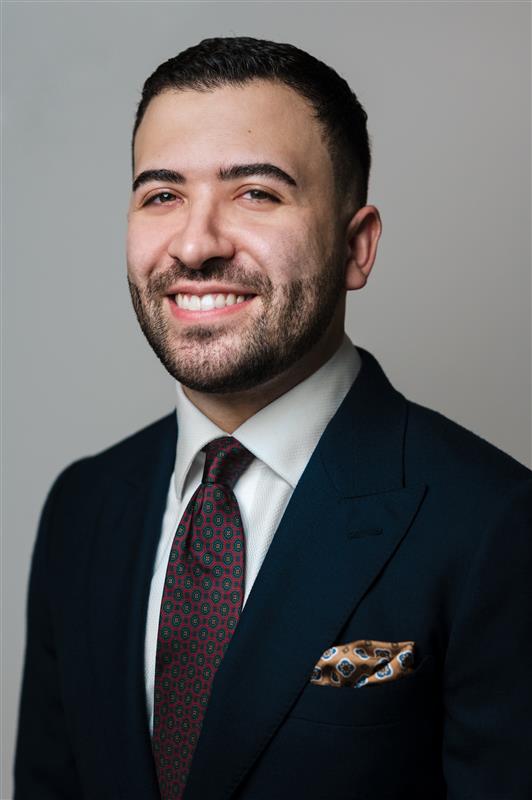


Clinical skills are the heart of medicine—where knowledge meets human connection. At UAG, we emphasize mastering these essential abilities—communication, physical exams, and patient care—to prepare future physicians who are both skilled and compassionate.

Let’s face it, we love wearing our scrubs and stethoscopes! There is something utterly exciting of stepping in to the role of a doctor, whether it is in real life or on the big screen. I personally take much enjoyment in watching doctors perform physical exams in movies (though much of the time I am screaming at the T.V. for something horribly done) but I know, for a fact, that whether is their primary care physician or Dr. House, people get marveled with the way doctors can almost “magically” diagnose a patient with just a good history taking, a stethoscope and a well-done physical exam. Clinical skills are the backbone of medical practice, and at UAG we believe that mastering these skills is essential for shaping competent and compassionate future doctors. In this blog, we'll explore why clinical skills are so crucial and how they set the foundation for a successful medical career.
Clinical skills are the practical (almost magical for my pediatric population) abilities that doctors use to diagnose and treat patients. These include taking medical histories, performing physical examinations, and interpreting diagnostic tests. While technology and medical knowledge continue to advance, the physical exam remains irreplaceable. Let’s take a look why:
The UAG Advantage
At UAG School of Medicine, we pride ourselves on our hands-on approach to medical education. It is what has made us internationally recognized (and something you should be really proud of!). Our curriculum is designed to ensure that students not only learn the theoretical aspects of medicine but also gain extensive practical experience. Here’s how we do it:


The importance of clinical skills extends beyond UAG classrooms and clinical sites. Here are a few real-life examples of how these skills make a difference:
The Evolution of Clinical Skills
As medicine evolves, so do the clinical skills required to practice effectively. At UAG, we ensure our students are well-versed in both traditional and modern techniques. Here’s how clinical skills have adapted over time:
The Role of Clinical Skills in Medical Education
At UAG School of Medicine, we believe that clinical skills should be integrated throughout the medical education journey. Here’s how we incorporate these skills at different stages:

So, whether you're channeling your inner movie doctor or just grooving to Bloodhound Gang, remember that clinical skills are the heartbeat of medical practice. At UAG School of Medicine, we are committed to equipping our students with these vital skills, ensuring they become not only knowledgeable but also compassionate and competent doctors. Whether you're a prospective student, current student, or an alumnus, remember that the journey to becoming an exceptional doctor starts with mastering the basics. So, roll up your sleeves, wear your stethoscope proudly, dive into those clinical rotations, and embrace the art of medicine!
For more information about our programs and how we can help you achieve your medical career goals, feel free to contact us or visit our website. Let's shape the future of healthcare together!
Rafael A. Del Valle Díaz, MD, DABFM.
Board Certified by the American Board of Family Medicine (ABFM).
UAG – Clinical Chair